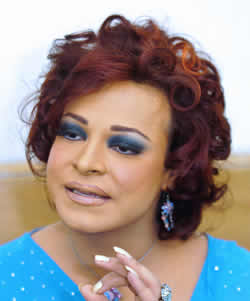The Death of Pakistan? Jassu bhai uvacha
The roots of Pakistan’s instability run deep. Following World Wars I and II, the European powers and the United States sat around distant tables and fabricated frontiers, giving birth to Iraq, Israel, Kuwait, Jordan, and Saudi Arabia – and thus to most of the of the Middle East’s current ills. The region’s new map was based on the assumption that the fundamentals of “Muslim Asia” could be transformed by introducing the Western nation-state system. Instead, what formed was a region of entities that have largely failed to cohere as nations.
In 1947, the Indian sub-continent, too, was vivisected in much the same way, with a religion-based entity carved out of it: Pakistan.
the question of Islam and statehood. In his book Islam and the Destiny of Man, Gai Eaton put the matter with elegant precision: “Islamic society is theocentric…not theocratic.” This is an important distinction, for it calls into question the “validity of (the) concept of (an) Islamic state as distinct from a Muslim state.” The first, Eaton writes, is an “ideological proposition” that has “never materialized in Muslim history because no Muslim state has even been theocratic.”
For Muslims, all sovereignty vests in God; indeed, nothing whatever exists or can exist outside of Him. As Eaton puts it, the Koran’s insistence that “there is no god but God” can also be interpreted to mean that “there is no legislator but the Legislator.” That is why in Islamic jurisprudence, laws must be derived from the Koran and the Sunnah of the Prophet, not handed down from British or classical philosophy.
So the central issue in Islam has not been whether the state can be separated from religion, but whether society can be so separated. It cannot, which is why no Muslim state can be fully secular.
This aggressive, fundamentalist path is inexorably leading Pakistan back centuries in time. Of course, Pakistan alone is responsible for the path it chooses, but it would not have so readily adopted its current course but for the tacit (and explicit) support that the US has given it, beginning in the 1980’s to counter the Soviet occupation of Afghanistan. Once again, we see how misplaced Western national priorities can bring ruin on a non-Western nation.
In any contest of ideas, the extreme will usually triumph over the moderate. In Pakistan, the extremist now wears Islamic garb, and stands for the Creator, for faith, and for a theocratic order. What, by contrast, might a Pakistani liberal stand for? Indeed, who in Pakistan is calling for a liberal, democratic country?
In the dark, congested alleys of Lahore, Karachi, Peshawar, or Quetta, the yearning is not for democratic liberalism, but for the believers to unite behind the one true faith. Here, in this desire, is where Pakistan’s ultimate reckoning is to be found, not in the corridors of Washington, and certainly not on the broad avenues of Islamabad.


